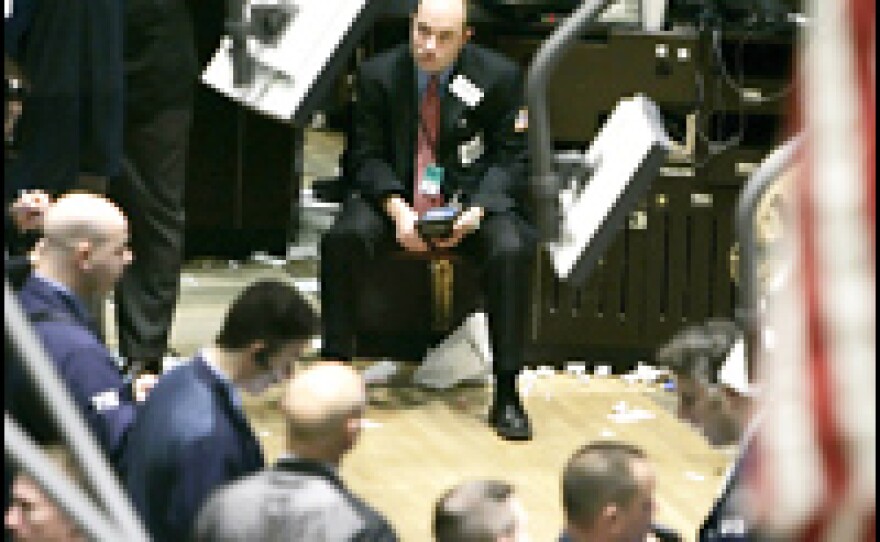On a national level, rising subprime mortgage foreclosures are sure to have a ripple effect. What the effect will be is a matter for debate — but at least one analyst thinks we've only seen the tip of the iceberg.
Professor Cathy Lesser Mansfield of Drake University Law School has studied default and foreclosure rates in the subprime mortgage industry. Mansfeld tells Michele Norris that she expects more foreclosures and defaults on loans to have a ripple effect on home values in affected neighborhoods — and on the ability of families to pay for other basic needs.
Subprime loans are made to people with less-than-perfect credit. Often, the loans don't require down payments. Some lenders don't even do background checks to verify income. The subprime industry grew enormously in recent years, from $35 billion dollars in the mid-1990s to $625 billion in 2005.
As loan interest rates began to rise — as they have for the last couple of years — many homeowners found they could not keep up with their mortgage payments.
Some two dozen lenders have shut down operations. One of the largest — the New Century Financial Corporation — filed for bankruptcy this month.
Mansfield presented her findings to the Department of Housing and Urban Development and Treasury Departments' Joint Task Force on Predatory Mortgage Lending and to the House Banking Committee.
Mansfield says experts have seen the crisis coming for the last few years.
Copyright 2022 NPR. To see more, visit https://www.npr.org. 9(MDAzMjM2NDYzMDEyMzc1Njk5NjAxNzY3OQ001))






